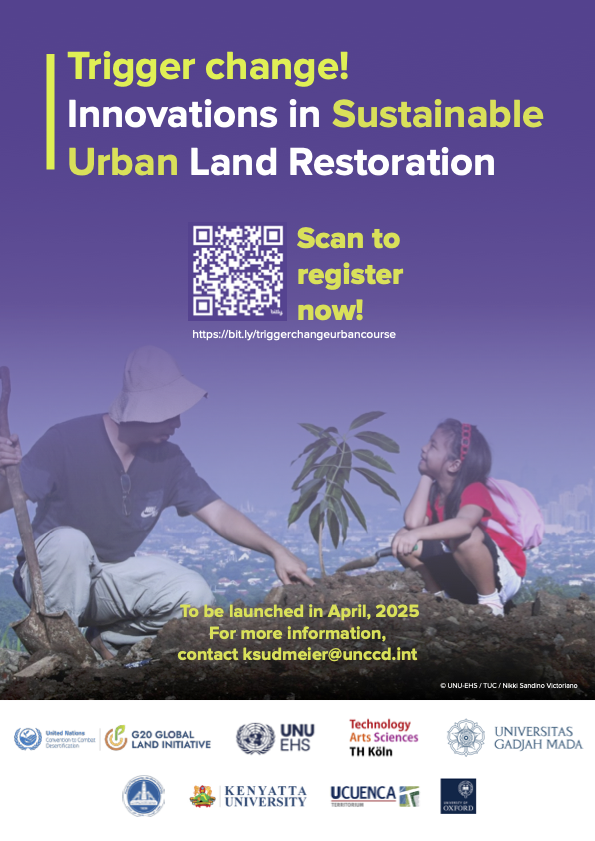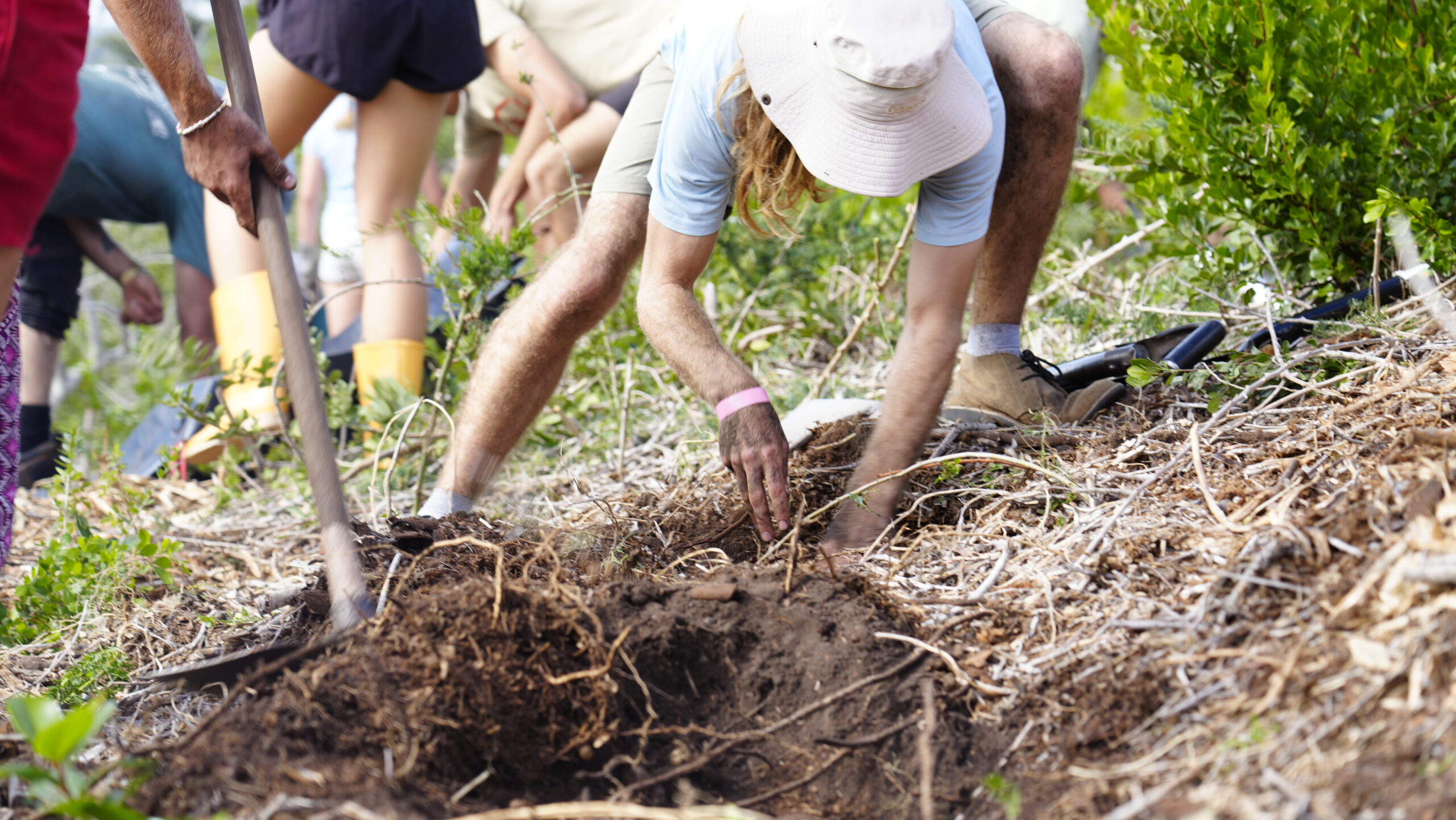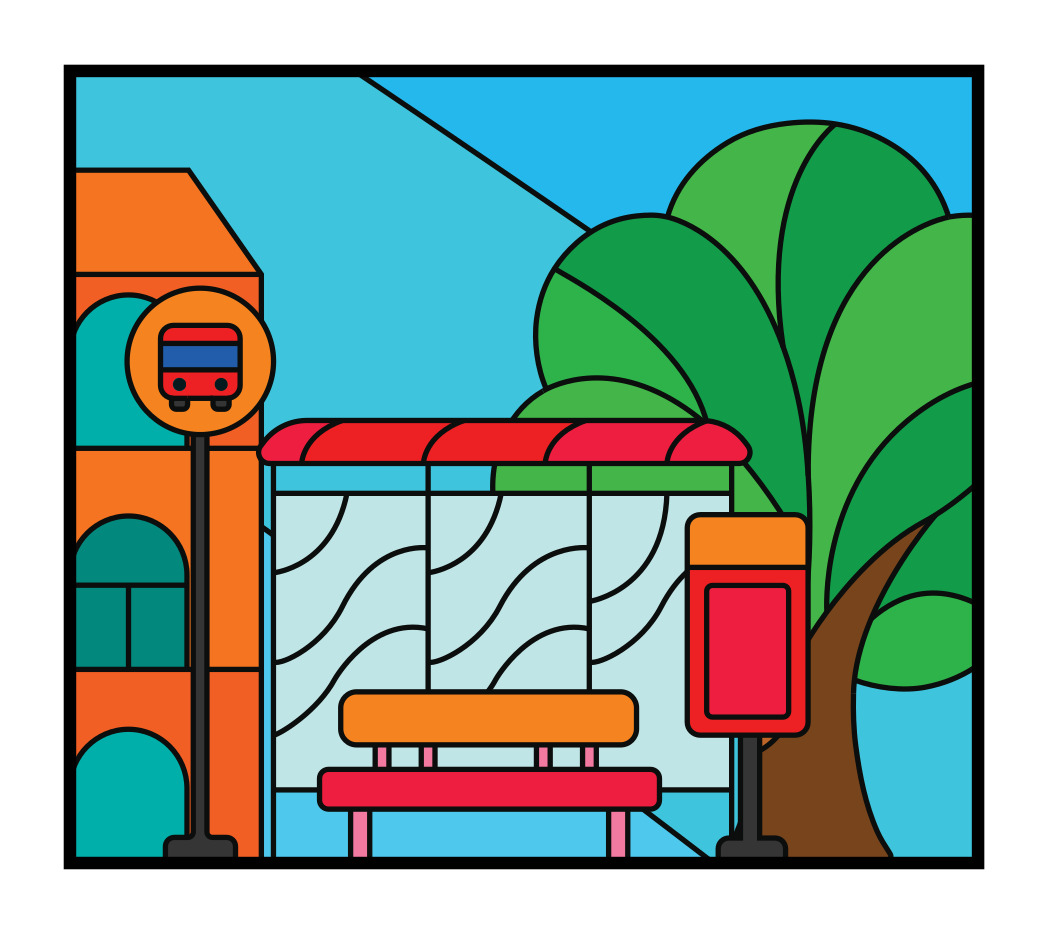Laying the ground to restore our future cities

The second university course in the “Trigger Change!” series is all about cities.
The development of the new course on Urban Land Restoration officially started on 16 July 2024 with a virtual kick-off meeting with university partners from all corners of the globe.
While shifting the focus from rural to urban landscapes, the course will maintain the framework of the first course of the series, as well as the ambitious goal to include curricula on land restoration in at least 1,000 universities worldwide.
Lecturers who offer the course will receive an explanatory manual, a full set of lecture materials and 10 case studies of innovative urban land restoration stories.
The course will be structured in five core modules, focusing on innovative solutions to urban land restoration:
- linking cities to landscapes and society
- approaches to sustainable urban land management and restoration
- planning instruments, tools and technologies for land sensitive urban planning
- enabling urban land restoration, and
- innovation and opportunities in and for urban land restoration.
The course will conclude with a dive into the business aspects with examples of start-ups in urban restoration, including practical exercises on how to develop and pitch business cases.
The kick-off meeting was led by the course coordinators: Dr Karen Sudmeier-Rieux, G20 Global Land Initiative, United Nations Convention for Combating Desertification (UNCCD); lead developers Ms Alejandra Ramos-Galvez and Dr Simone Sandholz, Institute for Environment and Human Security, United Nations University (UNU-EHS); and Dr Nazmul Huq, Cologne University of Applied Sciences.
Additionally, multiple international partners will be involved in the development of the course materials. They include University of Cuenca in Ecuador, Ain Shams University in Egypt, Kenyatta University from Kenya, Universitas Gadjah Mada in Indonesia and Oxford University in the United Kingdom.
As Dr Sudmeier-Rieux remarked during the meeting, “More and more people are moving to urban areas. Cities are becoming hotspots, quite literally. People need as many green spaces as possible for securing food, managing flooding and water scarcity.”
By addressing the question “How do we scale innovative solutions for urban land restoration?”, this second course in the Trigger Change! series will set another milestone in achieving the G20 Global Land Initiative ambition of reducing land degradation by 50 percent by 2040.
By providing professional training in land restoration across major land use sectors, the international community can ensure this ambition. It will not only promote the restoration of degraded land, and at scale, but also help prevent and reduce future land degradation.
Sign up here to stay updated: https://bit.ly/triggerchangeurbancourse.














